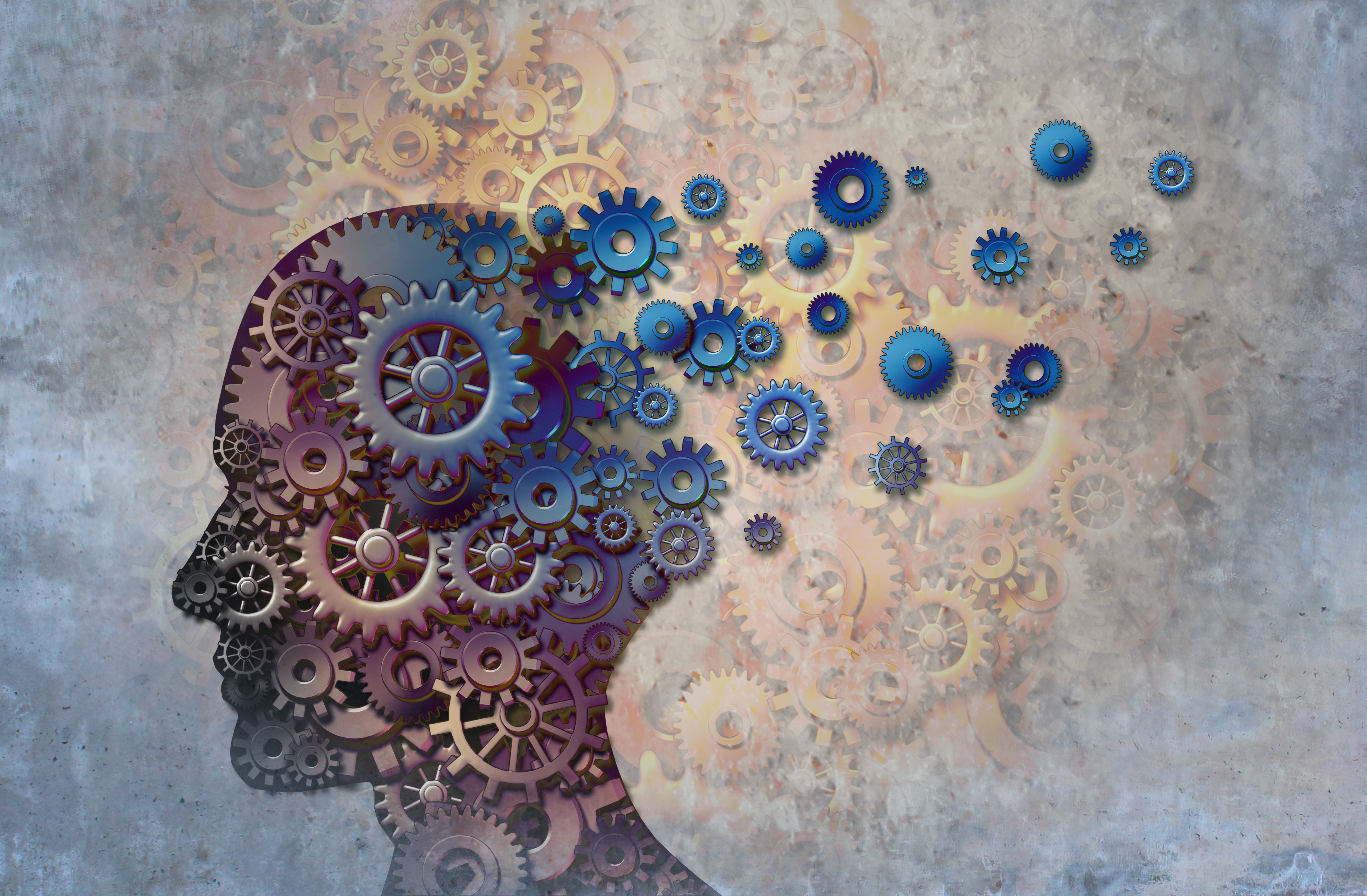MR-101 is a VMAT2 inhibitor being developed for Huntington’s Disease.
Huntington's disease (HD), also known as Huntington's chorea, is a fatal, progressive, rare genetic neurodegenerative disorder. As the disease progresses, the destruction of nerve cells occurs which results in involuntary choreic movements, behavioral changes and cognitive impairment. Adult-onset HD, the most common form of this disorder, usually appear between the ages of 30 to 50, and over the period of 15-20 years the weakened individual succumbs to pneumonia, heart failure or other complications. Huntington disease is caused by mutation in HTT gene which signals the formation of the protein, huntingtin. The HTT mutation occurs in a DNA segment CAG (cytosine, adenine, and guanine) trinucleotide repeat. Normally, the CAG segment is repeated 10 to 35 times within the gene. In people with Huntington’s disease, the CAG segment is repeated 36 to more than 120 times. Huntingtin protein regularly interacts with proteins found only in the brain, and the presence of the altered form of the huntingtin protein disrupts this interaction, leading to nerve cell death. Two contradictory symptoms are observed in HD patient as the disease progress. Chorea is common in adult HD patients, and usually begins early in the course of the disease. The second symptom is due to impairment of voluntary movements and includes incoordination and bradykinesia. In Huntington’s disease, the earliest and most significant damage is seen in the basal ganglia, and the striatum in particular. The damage in striatum affects the indirect and direct pathway of communication between sensory cortex and motor cortex. The damage of indirect pathway causes over-stimulation of motor cortex leading to chorea and other involuntary movement while, damage in direct pathway causes under-stimulation of motor cortex which is responsible for rigidity and bradykinesia. There is no current treatment that can stop or reverse the course of HD. The two FDA approved therapies, Xenaziner (Tetrabenaine) and Austedor (Deutetrabenazine), are both VMAT2 inhibitors and are used to treat the chorea associated with HD. However, both products have a black-box warning, and serious limitations due to side effects like sedation, fatigue, insomnia and depression, akathisia, nausea, anxiety, parkinsonism, suicidal tendency and QTc prolongation.

